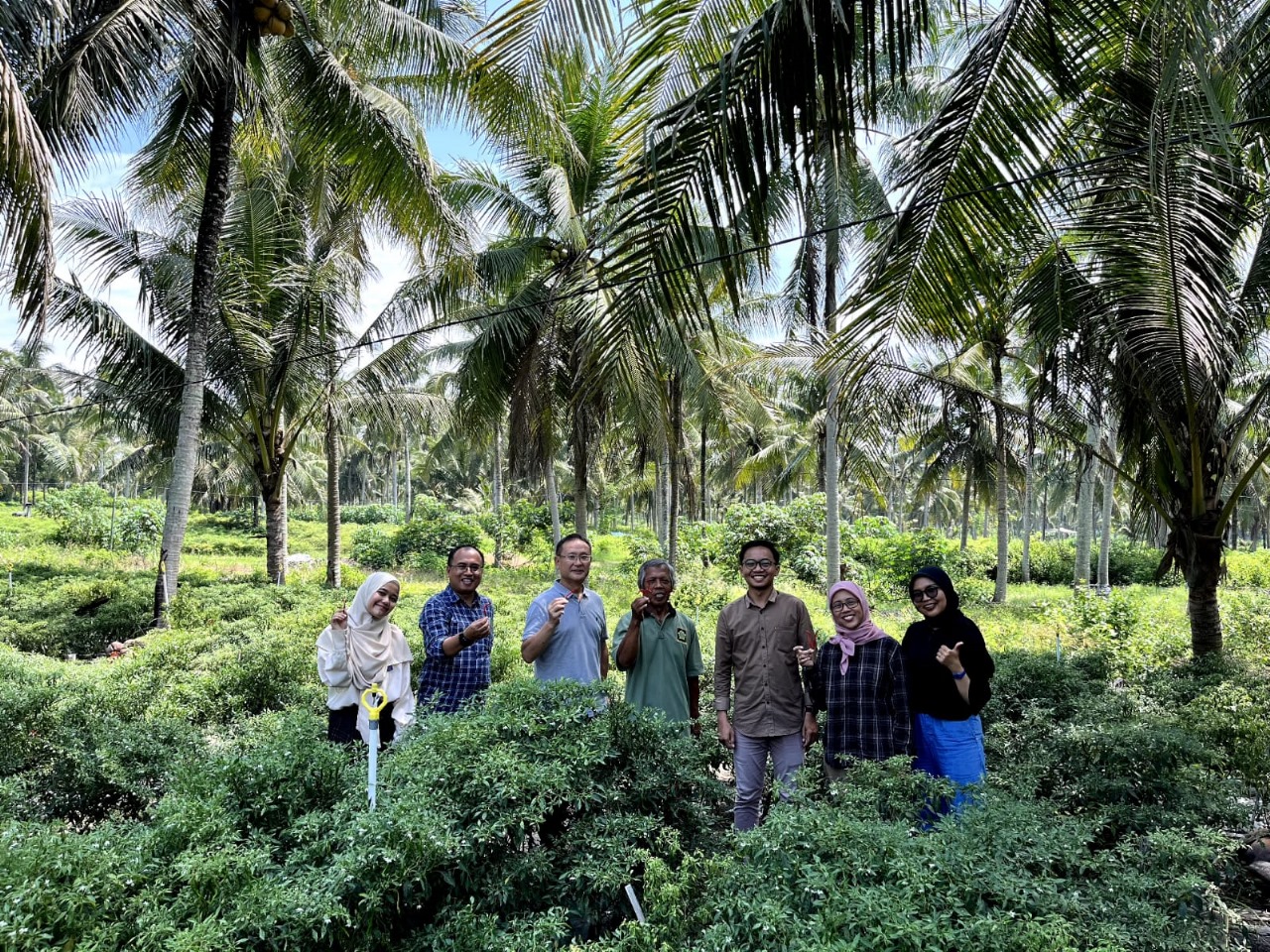
The Faculty of Agriculture at Universitas Gadjah Mada (Faperta UGM), led by Prof. Subejo, S.P., M.Sc., Ph.D., is collaborating on a research partnership with the Economic Research Institute for ASEAN and East Asia (ERIA). This initiative aims to analyze the utilization and challenges of digitalization in the agricultural and food systems in Indonesia, under the study titled “Benefits and Challenges of Digitalization in Agriculture and Food System for Enhanced Resilience and Improved Sustainability.”
The project commenced with a pilot survey conducted from 13–15 December 2024, in the districts of Kulonprogo, Bantul, and Sleman. The questionnaire targeted farmers already using digital technology, aiming to gather data on their experiences and perspectives on digitalization in agriculture.
Siti Mustaqimatud Diyanah, a research associate from ERIA, stated, “We aim to understand how digitalization is being adopted in the agricultural sector so that we can provide sound policy recommendations to ASEAN to enhance resilience and sustainability in the agriculture value chain.” This highlights the program’s broader commitment—not just to Indonesia but to the entire ASEAN region—evident through the participation of eight other ASEAN countries.
As stated above, the core objective of this research is to identify various benefits of digitalization, such as improved production efficiency, better information access for farmers, and reduced waste across the food supply chain. However, challenges such as limited access to technology in remote areas, the need for farmer training in new technologies, and the cost of implementation are also central to the analysis.
The collaboration between Faperta UGM and ERIA is expected to provide valuable insights into how digitalization can be effectively applied in agriculture. The resulting policy recommendations are anticipated to strengthen food security and the sustainability of agricultural systems throughout the ASEAN region. This program also reflects Faperta UGM’s active contribution to achieving Indonesia’s SDGs, particularly SDG 1: No Poverty, SDG 2: Zero Hunger, SDG 4: Quality Education, SDG 8: Decent Work and Economic Growth, and SDG 17: Partnerships for the Goals.
Writer: Rani Nur Rochim, Ghorizatu Shofra
Editor: Desi Utami
